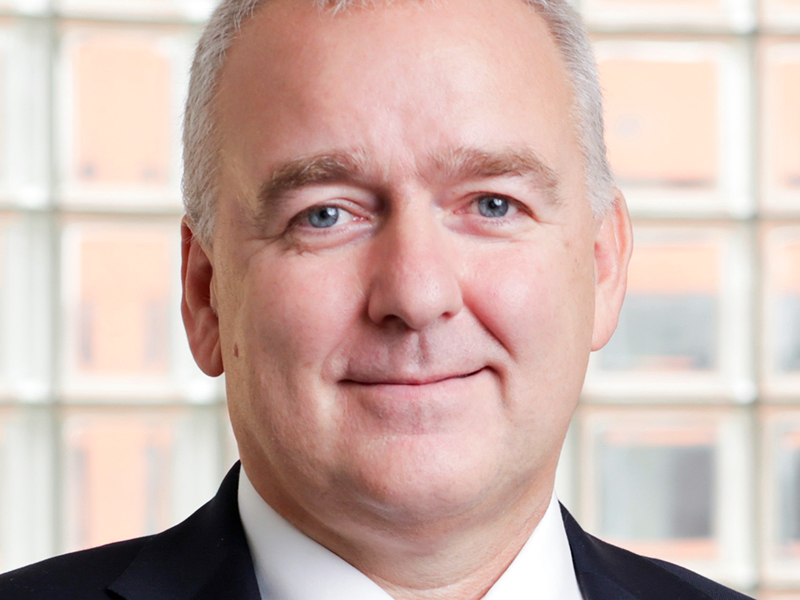Derek Mitchell: “Here we are in a cost of living crisis, yet there’s billions of pounds just sitting there, unclaimed”
I like to think I’m a fairly well-balanced person. Usually I can see the bright side of life and very little fazes me. However, I’m going to write now about something that makes me really angry.
In February, the organisation Policy in Practice said that nearly £23 billion in social security payments and other assistance is going unclaimed across the UK. They reckon around eight million people are missing out.
Does that make you rage inside as much as it does me? Here we are in a cost of living crisis, where millions of families are struggling every day just to afford food and stay warm, yet there’s billions of pounds just sitting there, unclaimed.
So why are rates of unclaimed payments so high? Well, from our experience in the CAB network it’s a combination of lack of awareness, poor organisation and – wait for it - stigma. Yes, people feeling ashamed that they need financial help, so denying it to themselves, and to their children/dependants. Enduring the poverty is preferable to the shame of easing it. That’s the attitude we’ve ingrained in our society, even in 2024.
I think this situation is a scandal. We need to work together to raise awareness of it and to encourage people to ask the question, I wonder if I’m one of that eight million?
The Citizens Advice network runs an income maximisation model of advice. That means when someone comes to us with any kind of financial problem, we first check to see if they’re missing out on anything they’re due. Of course, not everyone is, but it’s astonishing how many are.
Last year in Scotland we unlocked a total of £158 million for people. The average amount was just over £3,700. Just imagine what that means to someone who was in crisis. And of course it gets spent in local shops and businesses, which helps boost the local economy – wages, jobs.
So that’s the good news. Proper advice can help people get what they’re entitled to. But the snag is it only works when people come forward and seek the help. More must be done to encourage people do that.
A lot can be achieved with a bit of cross-agency effort. Here’s a good example. Last year the Scottish Government set up a scheme that would provide financial help in the form of pre-loaded shopping vouchers to low-income households. They decided to partner with us in the CAB, and so their scheme was linked to our income maximisation advice.
The pilot ran across 11 Scottish CABs from June-November. In total, 10,403 cards and grants were issued to 3,154 people, at the value of £260,075. On average these people were £1,259 better off with an overall gain of £1.9m. The government is now working with us on another scheme, Routes out of Crisis.
These are the sort of initiatives we need to see more of, to get that £23bn figure down. We need to provide vital help to people who desperately need it and, in the process, help stabilise my blood pressure.
In the meantime, you can help too by spreading the word. Anyone can access our income maximisation advice – it's completely free, impartial and confidential. And people don’t even need to come to a CAB in-person and instead can use our www.moneymap.scot tool.
Let’s work together to end the stigma and make a fairer Scotland for all.
Derek Mitchell is Chief Executive of Citizens Advice Scotland.
This column was first published in the Herald www.theherald.co.uk







